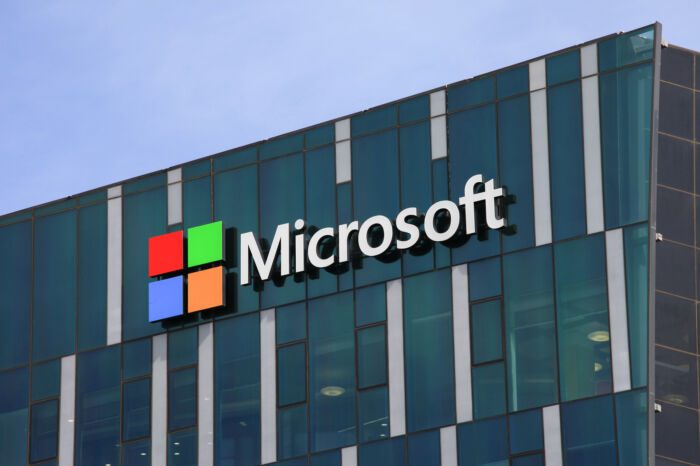Overall, we can say that Microsoft’s results were not bad. Most of the key indicators grew, but not as the market expected. However, the company salvaged it with positive earnings prospects for next year.
So how did the company perform?
Microsoft, like other U.S. companies, struggled with a strong dollar during the quarter. Other issues included global supply chain and manufacturing problems in China. Overall demand for products is being negatively impacted by market uncertainty, rising inflation, and the continued rise in energy and food prices, which is draining consumers of excess funds to buy things like, for example, personal computers.
Microsoft’s net profit in the fiscal fourth quarter rose slightly to $16.74 billion from last year’s comparable $16.46 billion. But both profit and revenue fell short of analysts’ expectations, a rare disappointment for the tech giant, which has consistently beaten expectations in recent years.
Revenue in the three months to the end of June rose 12% to $51.9 billion. Analysts at Refenitiv had expected $52.44 billion.
Earnings per share rose 3% to $2.23. Refinitiv had expected earnings of $2.29 per share.
Operating income rose 8% to $20.5 billion.
Cloud division revenue was up 40%. However, advertising revenue for LinkedIn, Search and News services declined. Windows operating system licensing revenue was down 2% due to a drop in PC sales. Xbox gaming content sales were down 6%.
Read also: Goldman Sachs reported a profit decline in Q2
The company’s CEO Satya Nadella said a little something regarding their Azure cloud business.
“We are seeing larger and longer-term commitments and a record number of $100 million-plus and $1 billion-plus deals this quarter.”
Outlook for the next fiscal year
Commenting on the outlook, Microsoft CFO Amy Hood said.
“We continue to expect double-digit revenue and operating income growth in constant currency and U.S. dollars.”
Microsoft is currently trying to finish the purchase of video game company Activision Blizzard for $68.7 billion. The deal was announced in January and is awaiting approval from antitrust authorities in the US and Britain.











Comments
Post has no comment yet.